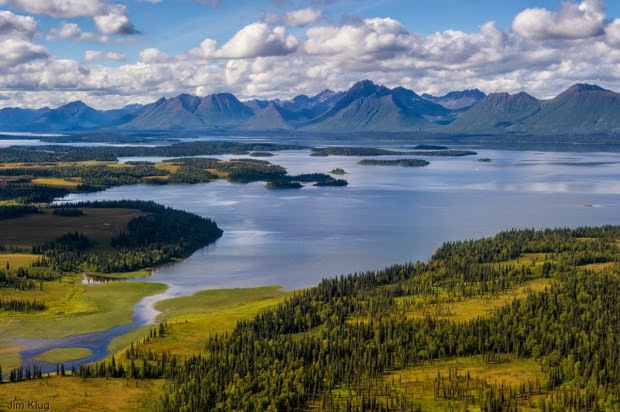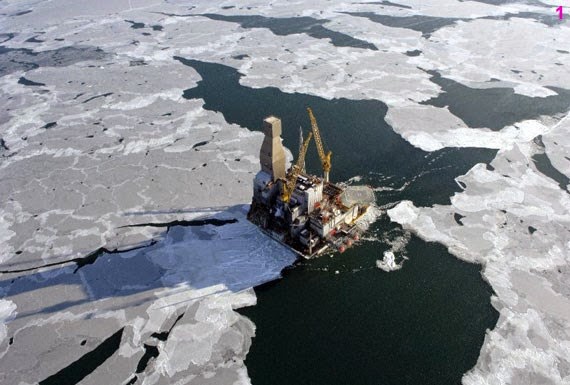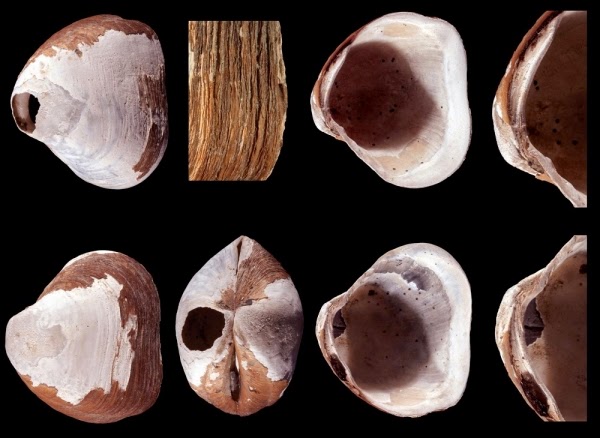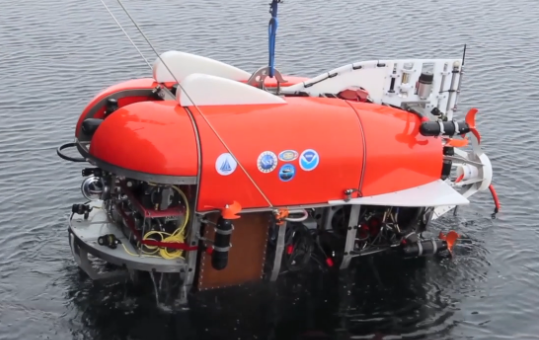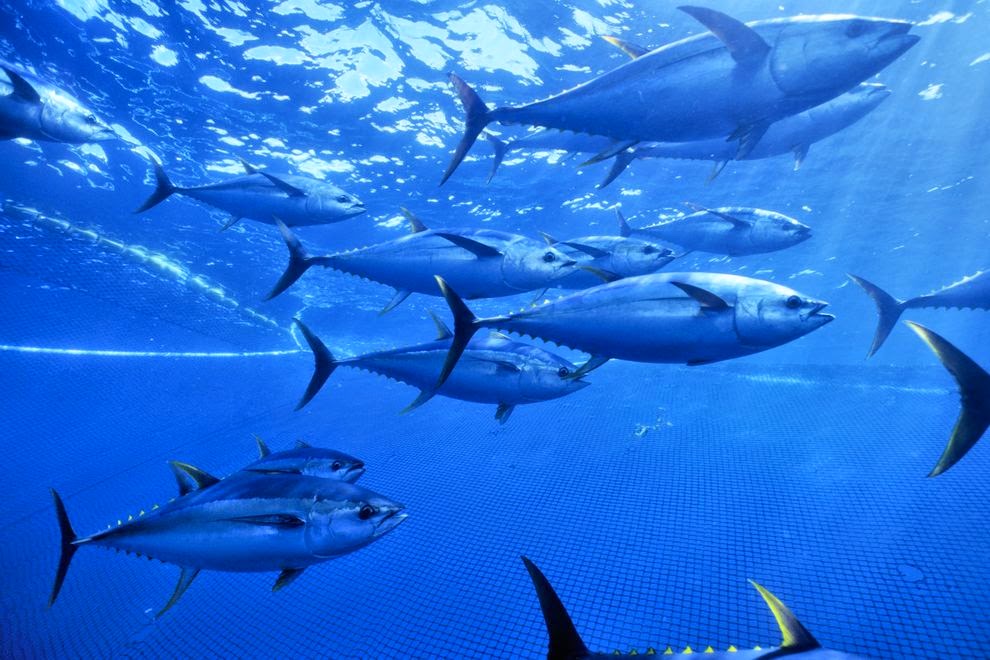If greenhouse gas emissions continue to rise, the pace of sea ice melt may threaten polar bear survival even in Canada’s High Arctic, where researchers previously thought some polar bears would survive despite declining populations. The lead author of the study, published in the journal Plos One, said the situation could be improved if the world makes progress soon in reducing greenhouse gases. Read more…
3. Cuban Waters Open to American Tourists and Businesses
With diplomatic ties restored between the US and Cuba, the island’s unspoiled coral reefs will now be available to American SCUBA divers and tours, although trade and tourism will continue to be limited unless Congress lifts the trade embargo. Read more…
Chevron has put a plan to drill for oil in Canada’s Beaufort Sea on hold indefinitely due to falling oil prices. This is the largest drilling project canceled in the past six months since oil prices started to decline. The Beaufort Sea is a major habitat for beluga whales, polar bears, and cod. Read more…
5. Deep Sea “Ultimate Resting Ground” for Disposable Plastic
The deep sea is carpeted with tiny plastic fragments, according to a recent analysis of sea floor sediment taken from wide-ranging sites. The results of the study are a “big step forward” in solving the mystery of the world’s missing plastic. It’s bad news for the ocean, however, because the deep sea is a biologically rich habitat. Read more…
Shells found in deep sediment in the Arctic Ocean seafloor have been identified as a new species of bivalve mollusk. The discovery was made during geological surveys of the seafloor conducted to study trapped pockets of methane hydrates that could melt in warming waters and release greenhouse gases into the atmosphere. Read more…
A new robot called Nereid will cruise for miles at a time under Arctic ice, returning with data and video that will improve understanding about the little understood food web in these waters. Early results have revealed that these ecosystems are richer and more complex than previously thought. According to Antje Boetius, chief scientist of the Nereid expedition, says that ultimately, “learning more will tell us what ice loss means for life on earth.” Read more…
Sea Save Foundation is committed to raising awareness of marine conservation. The Week in Review is a team effort produced by the Sea Save staff to provide a weekly summary of the latest in marine research, policy, and news.

